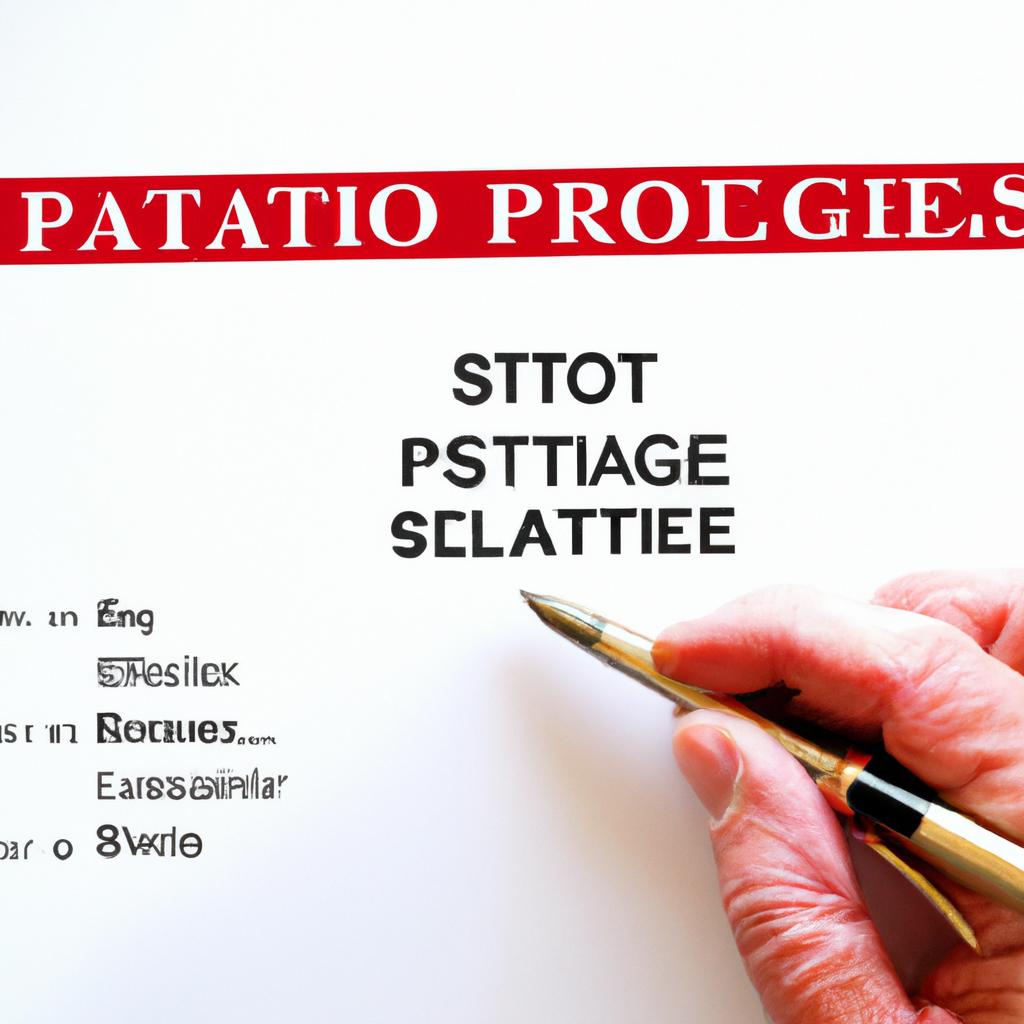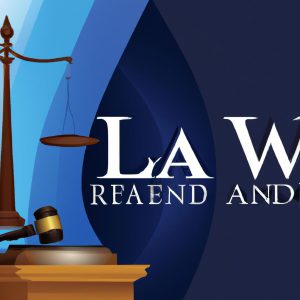The probate process can often be a complex and time-consuming endeavor, leaving many individuals wondering how they can avoid it altogether. As experienced lawyers at Morgan Legal Group in New York City, we have guided countless clients through the intricacies of probate, estate planning, and elder law. In this article, we will delve into how the probate process works and explore strategies for minimizing its impact on your assets and loved ones. Whether you are looking to streamline the distribution of your estate or simply gain a better understanding of the legal nuances involved, our team is here to provide expert guidance every step of the way.
Understanding the Probate Process in New York State
In New York State, the probate process is a legal procedure that involves proving the validity of a deceased individual’s will in court. This process ensures that the deceased’s assets are distributed according to their wishes as outlined in the will. The probate process in New York can be complex and time-consuming, involving various steps such as filing the will with the Surrogate’s Court, notifying beneficiaries and creditors, inventorying assets, paying debts and taxes, and distributing assets to beneficiaries. It is important to have a thorough understanding of the probate process to ensure that the deceased’s final wishes are carried out accurately and efficiently.
To avoid the probate process in New York, individuals can take proactive steps during their lifetime to ensure that their assets are distributed outside of probate. One common way to avoid probate is by creating a revocable living trust, which allows individuals to transfer ownership of their assets to the trust and designate beneficiaries to receive those assets upon their death. By placing assets in a trust, individuals can bypass the probate process and ensure a smooth transfer of assets to their heirs. Other ways to avoid probate in New York include joint ownership of property, naming beneficiaries on retirement accounts and life insurance policies, and making gifts during one’s lifetime. By understanding the probate process and taking proactive steps to avoid it, individuals can streamline the distribution of their assets and provide for their loved ones in a more seamless manner.
Key Steps and Requirements in Probate Proceedings
When embarking on probate proceedings, there are several key steps and requirements that must be followed to ensure the process is carried out smoothly. It is important to understand the various aspects involved in probate, including:
- Validating the Will: The first step in probate proceedings is to validate the will of the deceased individual. This involves presenting the will to the court and proving its authenticity.
- Appointing an Executor: The next step is to appoint an executor, who is responsible for administering the estate according to the terms of the will and handling any debts or disputes that may arise.
| Step | Requirement |
|---|---|
| 1 | Validate the Will |
| 2 | Appoint an Executor |

Strategies to Minimize or Avoid Probate in Estate Planning
One way to minimize or avoid probate in estate planning is to create a living trust. A living trust allows you to transfer ownership of your assets to the trust during your lifetime, which means those assets are not subject to probate upon your death. This can help your loved ones avoid the lengthy and costly probate process, as the assets held in the trust can be distributed according to your wishes without court intervention.
Another strategy to avoid probate is to designate beneficiaries on your financial accounts and insurance policies. By naming beneficiaries on these accounts, the assets can pass directly to the designated individuals upon your death, bypassing the probate process entirely. It is important to regularly review and update your beneficiary designations to ensure they reflect your current wishes. By utilizing these strategies, you can help your loved ones avoid the complexities of probate and streamline the distribution of your assets after your passing.
Expert Recommendations for Efficient Estate Distribution
When it comes to estate distribution, it is essential to understand how the probate process works in order to efficiently manage your assets. Probate is the legal process through which a deceased person’s assets are distributed to their heirs and beneficiaries. This process involves validating the deceased person’s Will, identifying and appraising the assets, paying off debts and taxes, and distributing the remaining assets according to the Will or state laws. However, probate can be time-consuming, costly, and public, which is why many individuals seek ways to avoid it.
One effective way to avoid the probate process is by setting up a living trust. A living trust allows you to transfer your assets to a trust during your lifetime, which can then be distributed to your beneficiaries without going through probate. Another strategy to avoid probate is by designating beneficiaries on certain assets, such as retirement accounts, life insurance policies, and bank accounts. By taking proactive steps and seeking expert legal advice, you can ensure that your estate is distributed efficiently and according to your wishes.
Q&A
Q: How does the probate process work?
A: The probate process is the legal procedure during which a deceased person’s assets are distributed and debts are settled under court supervision.
Q: What steps are involved in the probate process?
A: The probate process typically involves proving the validity of the deceased person’s will, identifying and inventorying their assets, paying off debts and taxes, and distributing the remaining assets to heirs or beneficiaries.
Q: How long does the probate process usually take?
A: The length of the probate process can vary depending on the complexity of the estate and any disputes that arise. It can take anywhere from a few months to several years to complete.
Q: How can I avoid the probate process?
A: There are several ways to avoid the probate process, such as creating a living trust, designating beneficiaries on retirement accounts and life insurance policies, and jointly owning property with the right of survivorship.
Q: Is it important to consult with a legal professional when planning to avoid the probate process?
A: Yes, it is highly recommended to seek the advice of an estate planning attorney to ensure that your assets are properly structured to avoid probate and that your wishes are carried out effectively.
In Retrospect
In conclusion, understanding the probate process can help you navigate through the complexities of transferring assets after someone passes away. By taking proactive steps such as creating a will, establishing trusts, and designating beneficiaries, you can avoid the probate process altogether and ensure that your assets are distributed according to your wishes. With careful planning and the right legal guidance, you can protect your legacy and provide peace of mind for your loved ones. Remember, it’s never too early to start planning for the future. So, take control of your estate today and secure a smoother path for your loved ones tomorrow.






